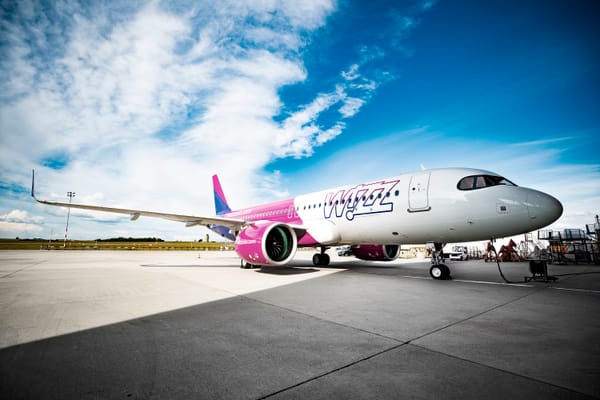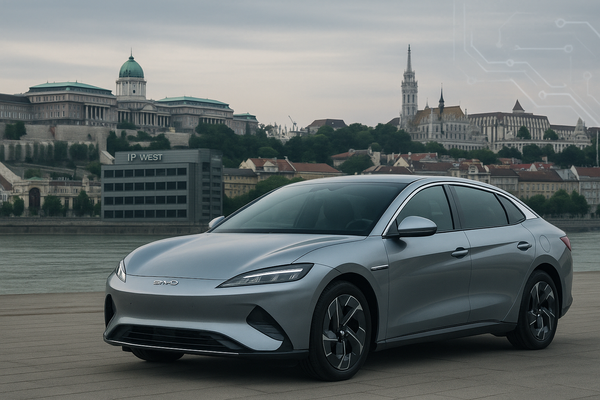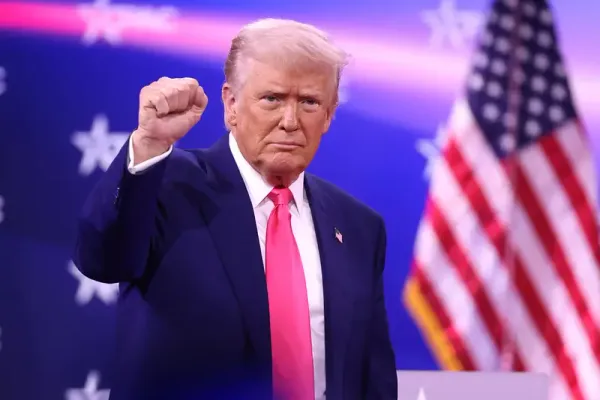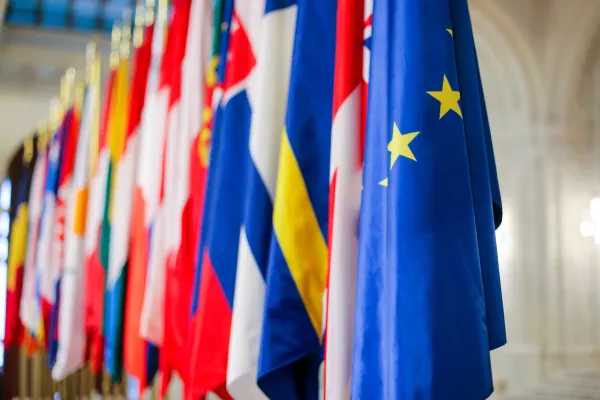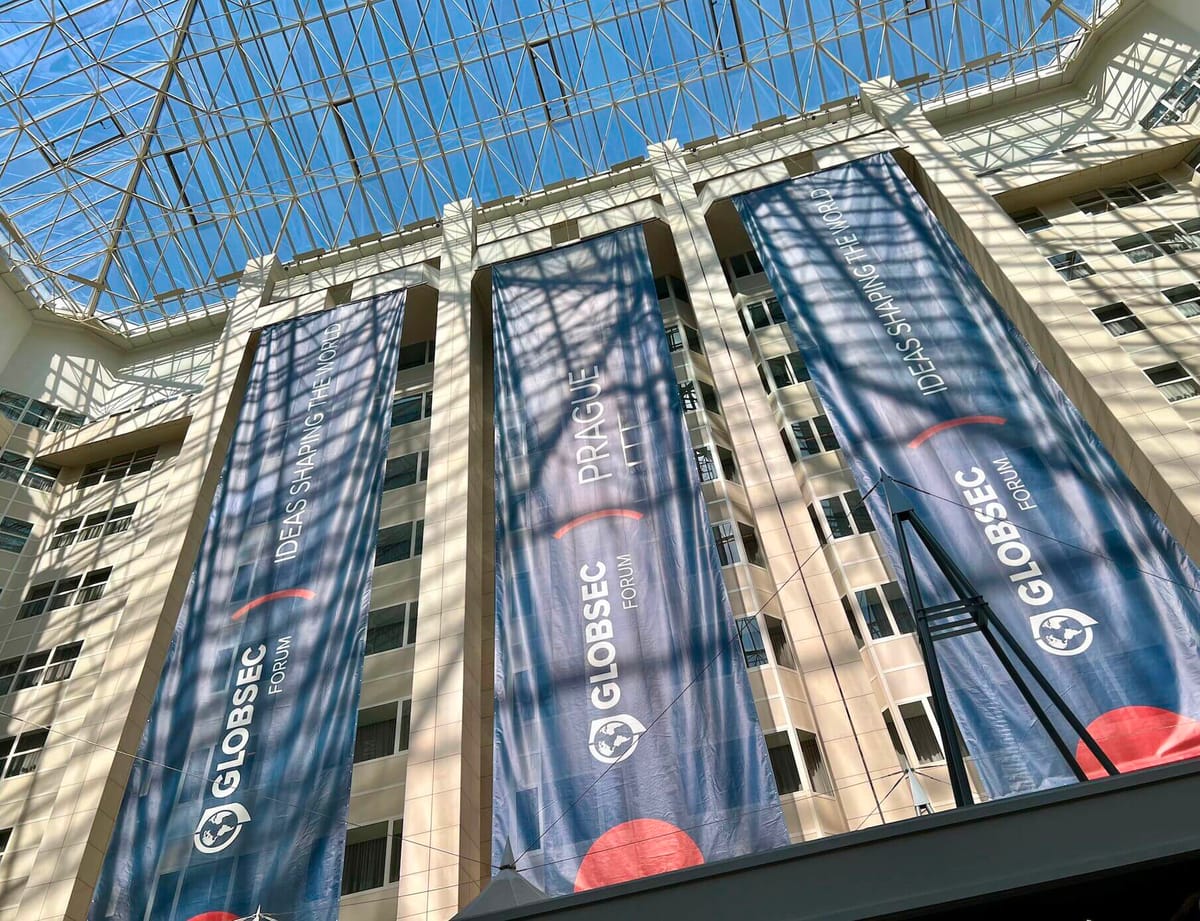
CEE think tank envisages 'pivotal role' for region
The incoming EU administration should ensure that countries in Central and Eastern Europe (CEE) lever more influence in the bloc, Slovakia-based think tank Globsec writes in a new report on the interests and security of CEE nations and increasing Europe’s global influence from 2024-29.
“Until now, Central and Eastern Europe’s policy proposals have often fallen under the radar in the EU”, Globsec writes, noting that this is partly because “the region lack fully developed platforms and institutions that can be leveraged to elaborate on shared priorities and constructive suggestions and ensure they resonate across the continent”.
Globsec’s proposals “engage with and respond to the array of plans and visions advanced in recent months”, adding that CEE will play “a pivotal role in shaping a resilient and forward-looking EU”.
“In a world of global challenges, CEE should support the EU in strengthening its presence and status in international fora and organisations. The CEE region will be listened to on global issues only if it stands together with its EU peers,” Globsec argues.
Economy policy should back CEE
Energy transition cohesion funds should be established to support less advanced regions, Globsec argues. “Europe built its economic miracle in the 1950s and 1960s (but) the global economy has changed, and Europe is rapidly losing its competitive edge, experiencing stagnant growth, lagging productivity, and a lack of investment, combined with an ageing population.”
The EU currently lags the US and China in global investments with a 10% share compared to their combined 30%. To regain its competitive edge, the EU must adopt a comprehensive approach, including targeted support for strategic sectors such as AI, energy, and digital infrastructure, and reconsidering national subsidies to prevent intra-EU competition.
“European industries… are struggling under the strain of high energy prices, unfair trade policies, and subsidies and protectionist policies in other regions of the world. Europe’s own regulations, in many cases, are hampering growth as well,” Globsec writes.
According to the think tank, the EU should also prioritise the development of digital infrastructure, especially in CEE, and elevate research and development to the top of its economic agenda by increasing funding to at least 4% of GDP.
The EU should align the next multiannual financial framework with competitiveness goals, enhancing venture capital attraction and strengthening future-oriented industries. Clean technologies should bolster the economy, Globsec adds.
CEE can contribute to more global Europe
The incoming European Commission faces a challenging geopolitical landscape, with growing tensions from China, instability in the EU’s southern neighbourhood, and escalating global trade wars, Globsec writes, adding that CEE must align with the EU to bolster its global presence and influence.
Key priorities include strengthening trade partnerships, managing EU enlargement, and improving development aid distribution to counter the influence of authoritarian regimes. The (European) Commission should enhance its coordination with the European External Action Service and focus on boosting the EU’s competitiveness, resilience, and global impact.
“Ukraine and the Western Balkan countries should be key enlargement priorities, the think tank adds. “Enlargement is a powerful tool that, if managed well, can foster greater stability across the continent through the use of the EU’s civilian tools for societal transformation. Enlargement can also boost Europe’s economic power by facilitating better access to new markets, global talent, and critical raw materials that Europe is heavily dependent on.”
Globsec wants more collaboration on security
“The CEE region is also particularly susceptible to foreign malign actors that engage in persistent cyber espionage, a type of cyber-attack in which an unauthorised user attempts to access classified data for economic or political gain,” Globsec notes.
The EU must adopt a more comprehensive approach to security and defence in response to Russia’s aggressive actions and the evolving threat landscape. As NATO continues to lead collective defence, the EU should strengthen its role within the alliance by enhancing military mobility, protecting civilian infrastructure, and investing in a robust European defence industry.
Key priorities should include standardising equipment, improving joint procurement, and establishing a defence industry commissioner to align EU efforts with NATO standards. Additionally, the EU could bolster cybersecurity, counter disinformation, and build resilience in the healthcare sector to address future challenges, Globsec adds.

